Is Milk Good For you? Does Milk Do a Body Good? Do You Really Need All That Calcium? We have been researching and writing about nutrition now for over a decade. Yet only in the last few years have we decided to dig deeper into dairy.
I found it very important that we get to the bottom of whether this is a food group we all should be getting three servings of a day of or whether we should eliminate it completely.
Thanks to Our Clean Cuisine Readers…
And, since we have received so many emails from our readers over the years asking specific questions about dairy, we had to research. Well, that research has turned into this growing blog post all about is milk good for you or is milk bad for you?
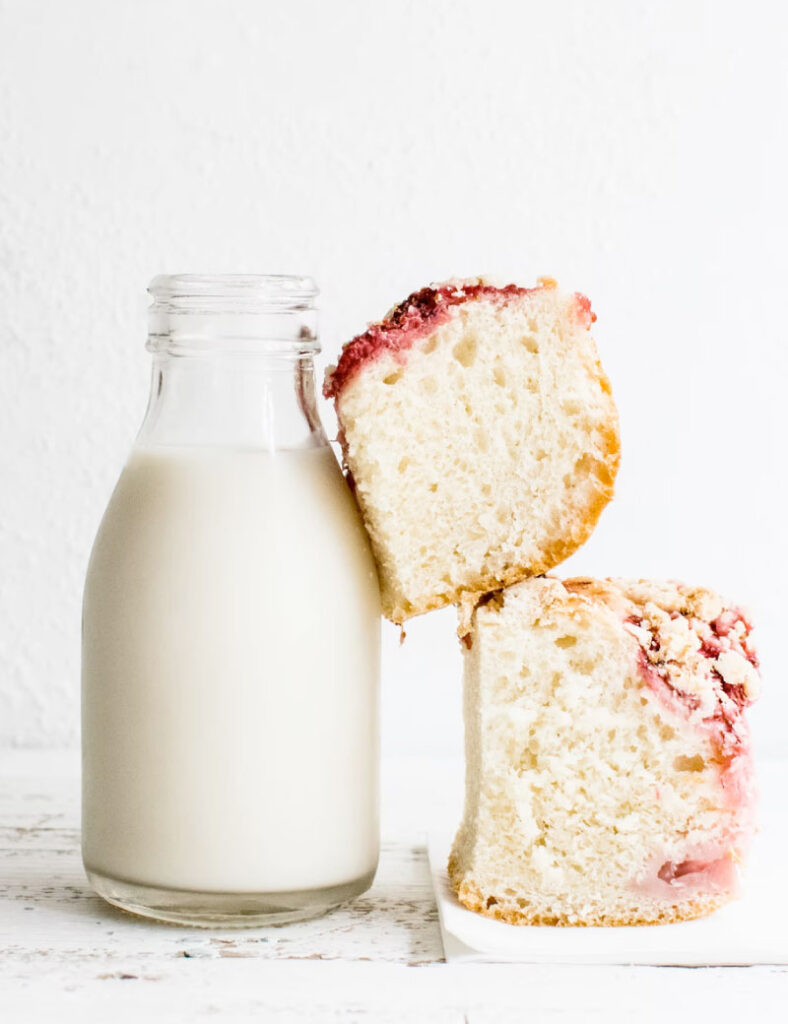
TABLE OF CONTENTS: This article has grown over the years to include additional research and frequently asked questions by our readers on is milk good for you or is milk bad for you. Use this guide to help you find the areas of this article with ease.
- Is Milk Good For You? 10 Most Frequently Asked Questions
- Our Conclusion on Whether Milk is Good For You or Bad For You
- Cow Milk Alternatives
- 1 Minute Milk Recipe
- How to Enjoy a Little Cheese and Butter
Our Most Frequently Asked Questions:
Well, what started out as the Top 10 Reasons Why Milk Does NOT Do a Body Good, has been added to and will continue to. As long as you have questions, we’ll continue to research and provide answers for anyone that stops by.
1. Even though dairy contains a lot of calcium, is it true that the animal protein in milk and cheese pulls calcium from our bones?
Yes. Dairy foods are complex mixtures; they have some components that promote calcium retention, such as magnesium, vitamin D, and potassium. However, they have other components, primarily animal protein, that promote calcium excretion through the urine.(1)
Links to High Animal Protein Diets:
Epidemiological studies actually link osteoporosis not to low calcium intake but to other nutritional factors, primarily a diet high in animal protein. This type of high animal protein diet can cause excess calcium loss. It is interesting that, although all plant foods do contain protein, plant protein is not associated with increased calcium excretion.(2)
2. Does drinking milk prevent osteoporosis?
No, drinking milk does NOT prevent osteoperosis. In fact, studies show the exact opposite. People who live in parts of the world where cow’s milk is not a staple of the diet are less likely to develop osteoporosis than in places such as the United States, where dairy is a dietary staple.
Get a Boost with Grass Fed Collagen – not Cow’s Milk
Countries that have the highest consumption of dairy happen to have the highest incidence of hip fractures. A major finding from the Nurses’ Health Study, a prospective study of 121,701 women ages 30 to 55, was that milk consumption does not protect against hip or forearm fractures. (3)
If you are dealing with osteoporosis or onset, consider adding grass fed collagen into your coffee or morning smoothie.
3. Does milk have protein?
Yes, milk does have protein, but most of the protein in milk is casein. There are two common proteins: A1 and A2 beta casein, and they affect your health differently. A1 has relates with ill health and disease, but A2 has not.
Naturally then, if we drank milk we would want A2 beta casein, right? Well, this is going to be nearly impossible to sort. Unfortunately, most milk is pulled from many different herds of cows. Typically, they are all mixed together by the time it gets to the store as milk or cheese. Which means, that is it impossible to tell what you’re getting regarding the kinds of casein it contains.
4. Is it true that 75 to 80 percent of the world’s adults are lactose intolerant?
Ye, it is quite common to be lactose intolerant. Lactose is a sugar consisting of glucose attached to galactose. hen you are a baby you have an enzyme called lactase that can break lactose apart but, after the age of weaning the vast majority of people in the world lose that enzyme and are therefore lactose intolerant.
It is not recommended to switch from breast milk to cow’s milk. But rather, from breast milk to a nut-based milk (see recipe below!).
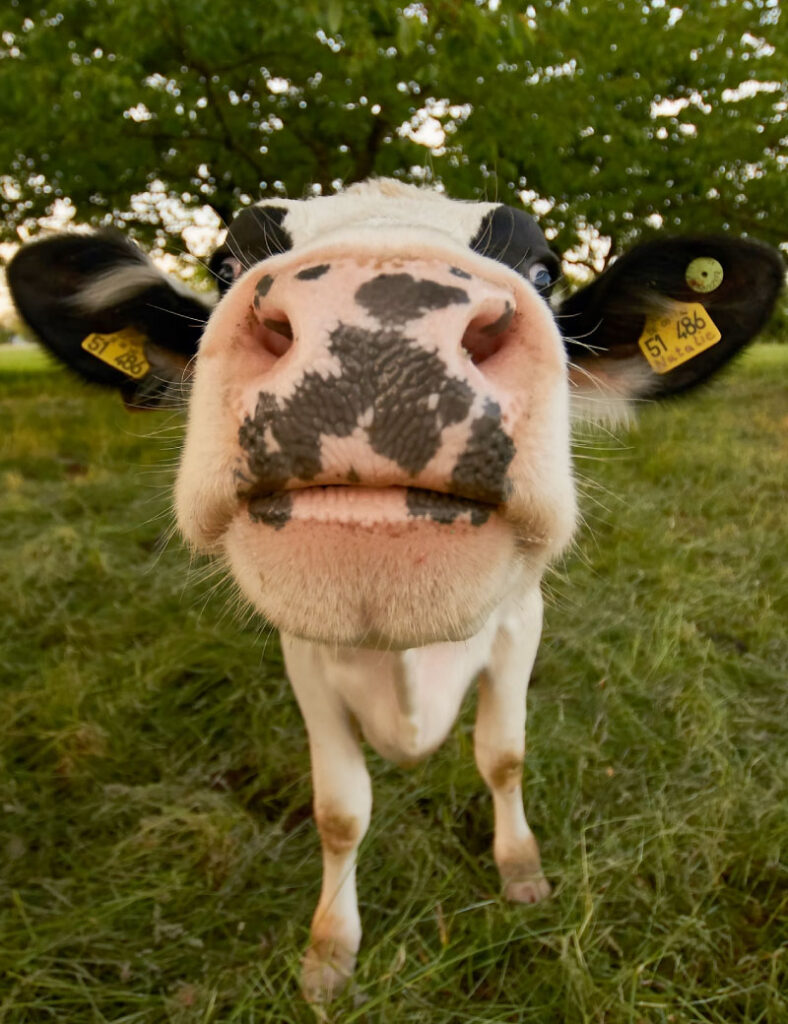
5. Is it true that dairy is the most common food allergy?
Yes, dairy is the most common food allergen! In fact, cow’s milk protein, not nuts, is the leading food allergy in children. (5) Cow’s milk consumption has been linked to environmental allergies in general too. (6)
However, if you have a cow’s milk allergy, you could also be allergic to other animal milks too. Such as sheep, goats, buffalo and other mammals.
6. What does milk do to your body?
If you are like 75-80% of us with a lactose intolerance, then this is what is likely happening to your body when you drink milk. You may experience diarrhea, gas and bloating after eating or drinking any dairy product. This leads to a lactose malabsorption which is usually harmless. However, I don’t like to be uncomfortable in my digestion so I just skip it all together.
We do NOT recommend lactose intolerant pills from the pharmacy or other drugs to guise and allow the ingestion of milk products. In fact, if you’re lactose intolerant, listen to your body and avoid it.
7. Does milk naturally contain vitamin D?
No, milk does NOT naturally contain Vitamin D. The vitamin D added to milk is not naturally occurring – you might even see “fortified with Vitamin D” – this means that it’s added to the milk. And, even fortified vitamin D is not the same as you get from fatty fish, egg yolks, or mushrooms. Plus, it’s not nearly as much as your body can manufacture readily from sunlight.
This is an important distinction because it is always best to get nutrients naturally from food rather than from food that is artificially fortified. The vitamin D you get from milk can easily be replaced by a vitamin D supplement and a little bit of sun exposure. And you can eat some fish, egg yolks, and mushrooms too.
8. Has milk consumption been linked to autoimmune diseases and cancer?
Unfortunately yes, milk consumption is linked to autoimmune diseases and cancers. A number of studies point to the idea that the proteins in milk can cause the body to have an immune reaction and make antibodies to the milk protein.
Type 1 Diabetes and Milk Consumption:
The link between type 1 diabetes is well documented in respected medical journals such as the New England Journal of Medicine. (7) In the medical literature, when autoimmune diseases are studied in relation to nutrition, the consumption of animal foods, especially cow’s milk, is associated with increased risk.
Milk consumption is also linked with various cancers. For example, nine separate studies have linked prostate cancer with high consumption of milk, including a 2010 study in the journal Prostate, showing more than a doubling of risk. (8) Cow’s milk consumption has also been linked to multiple sclerosis. (9)
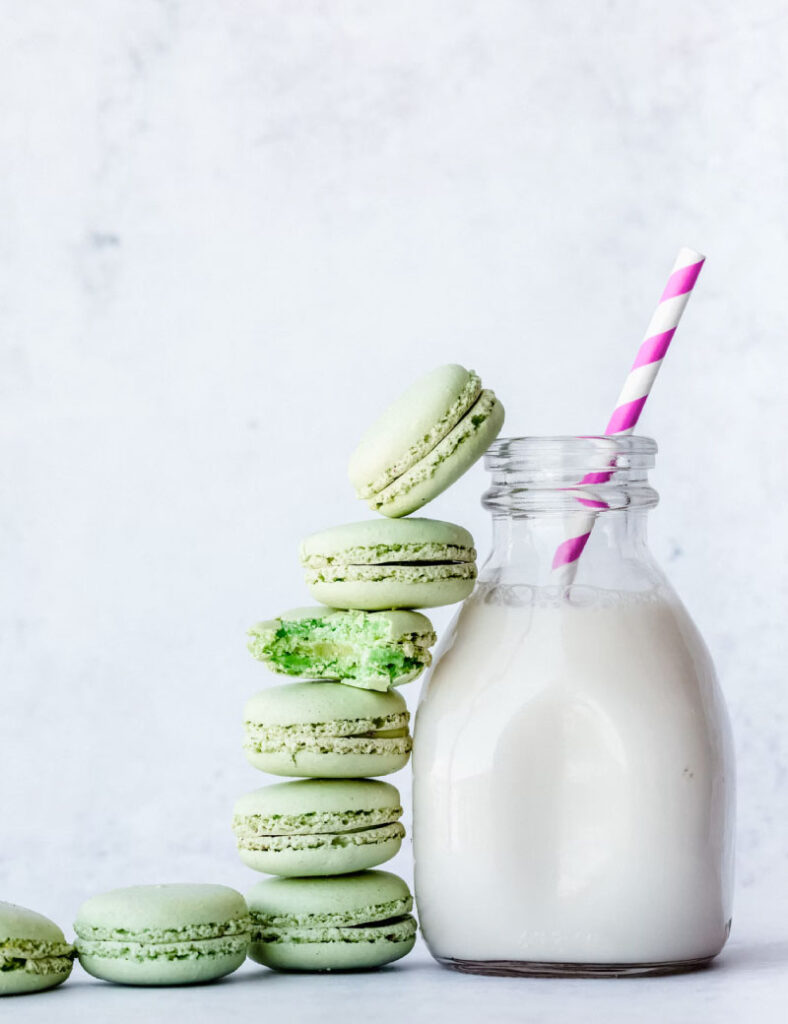
9. Is it true that many nonorganic dairy cows are given a hormone called bovine somatotropin (BST), also known as rBGH, to increase milk production?
Yes, and this BST hormone makes the cows sick and contributes to infections such as mastitis. Of course, once cows are sick, they are given antibiotics, which are then passed through into the milk.
Unfortunately, antibiotic-free milk is not necessarily any better for you. It’s just a marketing scheme to convince you that it’s healthier. Well, it’s not.
10. Is it true that the vast majority of dairy cows, including organically raised dairy cows, are fed a deviant diet of grain and are not free to pasture and graze the way nature intended?
Yes, and the health of the cow and the nutrients in her milk are directly affected by the foods she eats. Cows that don’t eat the foods nature intended produce poor-quality and nutritionally inferior milk, even if they are organic cows.
Look for pastured – grass fed and grass finished only!
11. Is it true that one glass of milk can contain 180 million white blood cells (pus cells)?
This is downright gross, but true. White blood cells (pus cells) are found naturally in dairy because they are important for the immune system development of the baby cows that are supposed to drink the milk. Humans aren’t really supposed to drink cow’s milk, and the white blood cells don’t do anything to support human health or the human immune system.
12. Are there any good non-dairy, plant sources of calcium?
Yes, there are SO many plant-based alternatives to cow’s milk! One cup of cow’s milk provides 291 milligrams of calcium. But remember, not all of that calcium is actually absorbed or used by your body because milk comes packaged with animal protein.
Choose Plant-Based Calcium Options
There are so many other nutrient-dense plant foods containing comparable amounts of absorbable forms of calcium. Dark leafy greens are one of the most outstanding sources of calcium. They result in far greater net calcium retention than you’d get from dairy. Plus, leafy greens come jam-packed with all sorts of nutritional perks in the form of fiber, phytonutrients, antioxidants, and vitamins for a fraction of the calories found in dairy!
Why We Love Dark Leafy Greens:
Dark leafy greens are also one of the very best sources of vitamin K, a vitamin that does not get nearly the attention it deserves for its vital role in improving bone health. In fact, in the Nurses’ Health Study, women who got more than 109 micrograms of vitamin K a day were 30 percent less likely to break a hip than women who got less than that amount. (4)
Compare Cow’s Milk with Plant-Based Alternatives:
But back to the calcium: Although 1 cup of milk contains 291 milligrams of calcium, did you know 1 cup of cooked collards has 358 milligrams of calcium? Or that 1 cup of cooked spinach has 244 milligrams of calcium? One cup of cooked kale has 94 milligrams, 1 cup of cooked mustard greens has 150 milligrams, and 1 cup cooked Swiss chard has 102 milligrams. The point is, milk is not the only source of calcium.
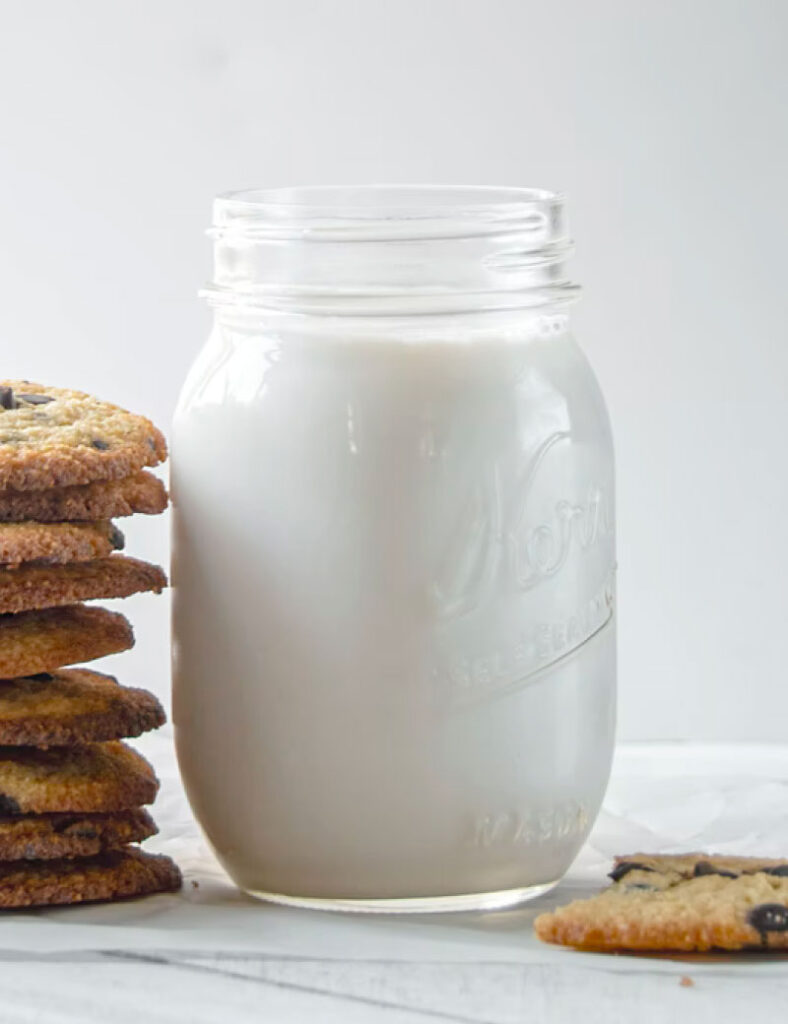
Our Conclusion on Is Milk Healthy For You?
Our conclusion is that although there are nutrients found in milk that your body does need, such as calcium, vitamin D, magnesium, vitamin A, vitamin B12, potassium, and protein. Milk is not the cleanest source for these nutrients, and you definitely don’t need to drink milk to get them!
Far Better Sources of Nutrients:
There are far better sources of all of these nutrients than dairy. Dairy foods are not a nutritional requirement. And if you are concerned about preventing osteoporosis, maintaining a healthy weight, and boosting your intake of bone-building nutrients such as vitamin K and calcium, one of the most important things you should do is swap the slogan Got Milk? for Got Greens? Instead of making an effort to consume three servings of dairy a day, try getting just one or two large servings of dark leafy greens each day. You will do your body, and your bones, a big favor!
Choosing and Finding Cow Milk Alternatives
Living a Clean Cuisine lifestyle means you should be eating one huge serving of greens every day anyway. Therefore, you will automatically be getting plenty of absorbable calcium from eating dark leafy greens.
Other foods such as beans, sesame seeds, almonds, bok choy, broccoli, and even raisins and figs contain calcium. Regardless of the message the National Dairy Council has tried to convey, you do not need to drink even one sip of milk to get the calcium your body needs.
Choose Milk Alternatives Full of Nutrients:
The best thing you can do is find the best options for plant-based milk alternatives using healthy recipes made from nuts and plants.
Plus, we have an incredible 1 minute nut milk that works as a perfect swap!
Is Milk Good For You? NO! Try this 1 Minute Nut Milk Recipe
- Prep Time: 1 minute
- Total Time: 1 minute
- Yield: 3-4 1x
Ingredients
- 1 cup raw nuts* (ideally, soaked for 1 hour or more)
- Raw Organic Cashews – Anthony’s
- Raw Organic Macadamia Nuts – Sunfood
- Raw Organic Pecans – NOW Real Food
- Raw Organic Walnuts – Woodstock
- 3 cups water
- 2 or 3 pitted dates
- 1 teaspoon pure vanilla extract
- Pinch of unrefined sea salt
Instructions
- Place all ingredients in a high speed blender and blend until smooth and creamy. Do not strain.
- Store nut milk in a covered container in the fridge for 2 or 3 days. Shake well before using.
Last Step! If you loved our recipe, leave us a review below. This helps future recipe makers and ensures continued high-quality recipes for years to come!
Notes
*This recipe works best with “creamy” nuts such as macadamia nuts, pecans, and walnuts.
But, Still Enjoy A Little Real Cheese & Real Butter
We will be honest, we still do eat REAL cheese & REAL butter from pastured cows—but we eat just very small amounts.
Why do we still eat cheese and butter?
There is no other reason other than that cheese and butter taste good. Really, really good. Just a teeny bit of butter can do wonders for transforming vegetables and a sprinkling of gourmet cheese on top of a bowl of whole grains, beans and vegetables can totally make the dish.
But, please understand that we do not eat cheese and butter because we think they are healthy food choices; we know they are not. Instead, we look at these delicious foods as a delicacy that should be consumed in extreme moderation.
We truly believe that if you eat healthfully 95 percent of the time then eating a little bit of splurge foods such as cheese and butter is not going to be the end of the world.
Now, if you can totally live without any dairy at all then more power to you! We just haven’t been able to do it ourselves. But again, we keep the cheese portions very small.
Top Choices for Clean Nut Cheese
We love nut-cheeses, especially when made with cashews! However, many brands are filled with emulsifiers, and unnecessary additives that make them anything but healthy.
Luckily, the demand for truly clean health food has risen, and brands that offer these products are becoming much more prevalent. Here are our favorite, most-trusted nut cheese brands!
Treeline, Miyokos and Dr. Cow:
TreeLine TreeLine offers a large variety of different types of cashew-based vegan cheeses, and commits to avoiding all unnecessary additives like emulsifiers, or starches. This brand’s flavor is superior, and is my go-to nut cheese brand.
Miyokos This is another brand that we love and trust. Not only do they have great spreadable cheeses, but they also offer an incredible vegan, cashew-based butter!
Dr. Cow Dr.Cow nut cheeses re made from…you guessed it…. nuts! A 100 percent organic, living raw, vegan, and gourmet alternative to dairy cheese, Dr-Cow produces a wide variety of artisan fresh and aged nut cheeses that truly can hold their own against the very best gourmet dairy cheese. (Aged macadamia nut cheese is among our favorites). Dr-Cow cheeses are made with absolutely no preservatives, stabilizers, artificial ingredients, or additives of any kind. They are a true treat indeed.
References:
- U. S. Barzel and L. K. Massey, “Excess Dietary Protein Can Adversely Affect Bone,” Journal of Nutrition 128, no. 6 (1998): 1051–55.
- D. E. Sellmeyer, K. L. Stone, A. Sebastian, and S. R. Cummings, “A High Ratio of Dietary Animal to Vegetable Protein Increases the Rate of Bone Loss and the Risk of Fracture in Postmenopausal Women. Study of Osteoporotic Fractures Research Group,” American Journal of Clinical Nutrition 73, no. 1 (2001): 118–22.
- D. Feskanich, W. C. Willett, M. J. Stampfer, and G. A. Colditz, “Milk, Dietary Calcium, and Bone Fractures in Women: A 12-Year Prospective Study,” American Journal of Public Health 87, no. 6 (1997): 992–97.
- D. Geskanich, P. Weber, W. C. Willett, et al., “Vitamin K Intake and Hip Fractures in Women: A Prospective Study,” American Journal of Clinical Nutrition 69, no. 1 (1999): 74–79.
- 15 A. Host, “Frequency of Cow’s Milk Allergy in Childhood,” Annals of Allergy, Asthma, and Immunology 89, no. 6, suppl. 1 (2002): 33–37.
- 16 A. M. Collins, “Xenogeneic Antibodies and Atopic Disease,” Lancet 1, no. 8588 (1988): 734–37.
- M. Knip, S. M. Virtanen, K. Seppä, et al., “Dietary Intervention in Infancy and Later Signs of Beta-Cell Autoimmunity,” New England Journal of Medicine 363, no. 20 (2010): 1900–08.
- S. Raimondi, J. B. Mabrouk, B. Shatenstein, et al., “Diet and Prostate Cancer Risk with Specific Focus on Dairy Products and Dietary Calcium: A Case-Control Study,” Prostate 70, no. 1 (2010): 1051–65.
- D. Malosse, H. Perron, A. Sasco, and J. M. Seigneurin, “Correlation between Milk and Dairy Product Consumption and Multiple Sclerosis Prevalence: A Worldwide Study,” Neuroepidemiology 11, nos. 4–6 (1992): 304–12.

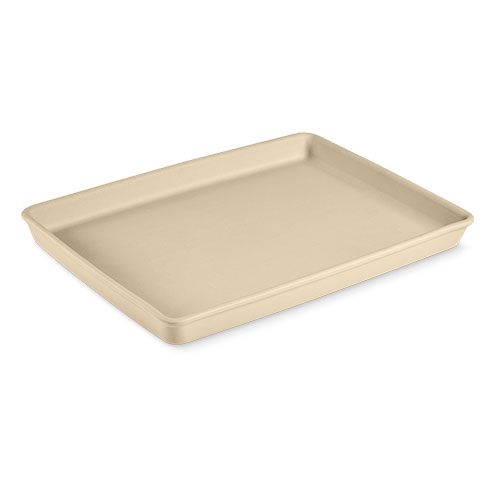
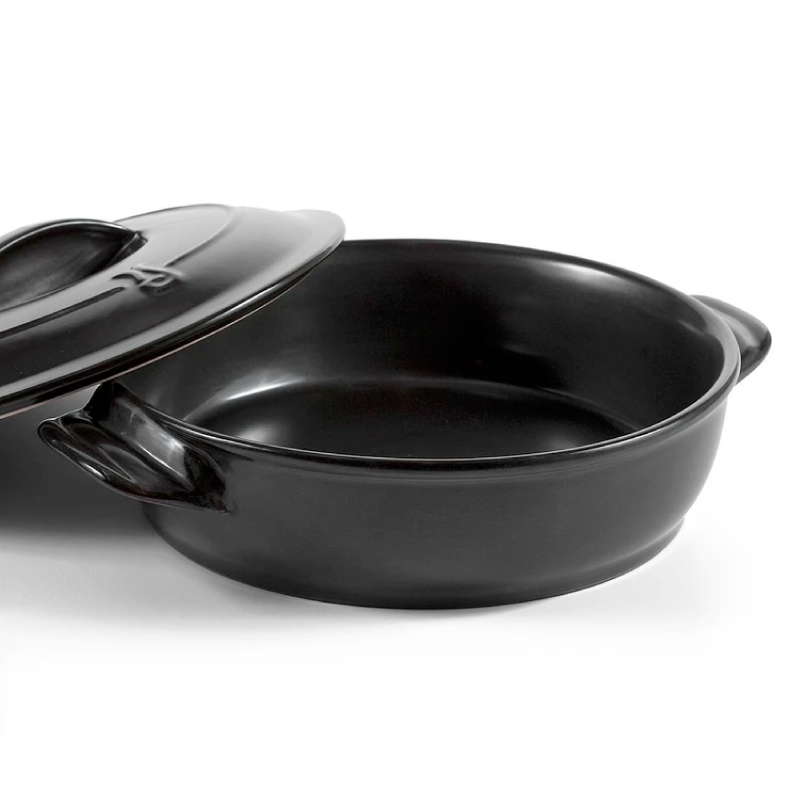

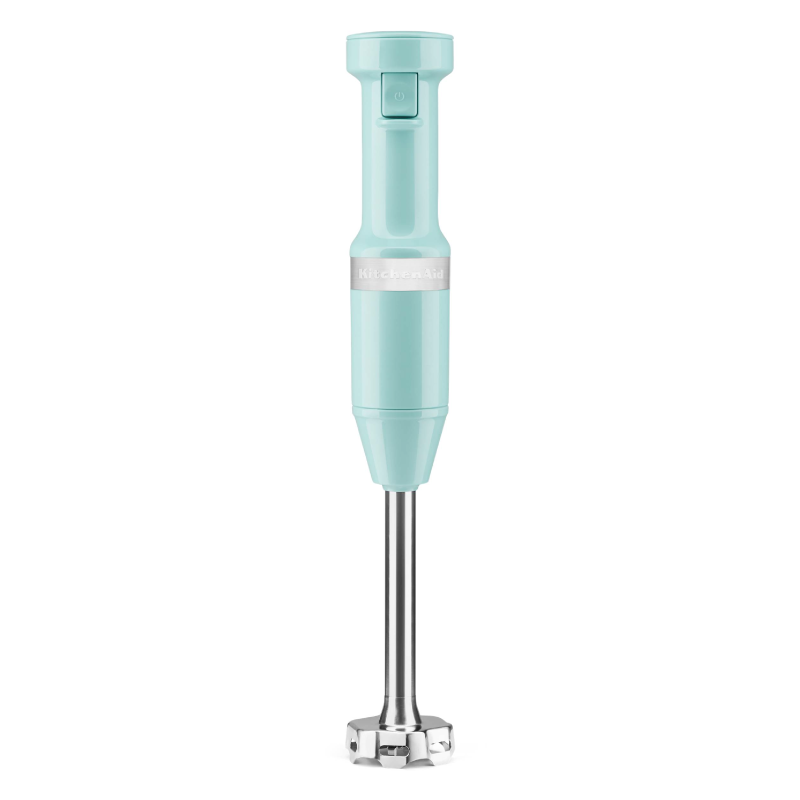
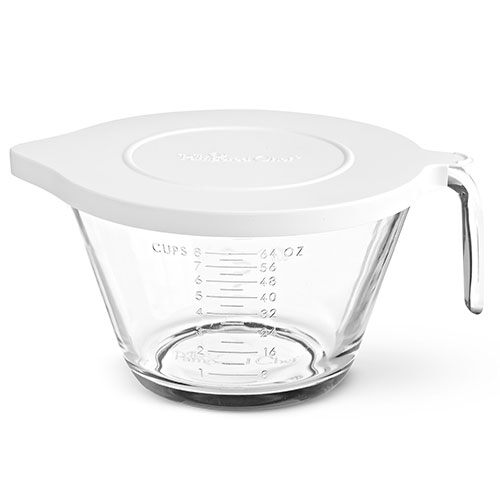

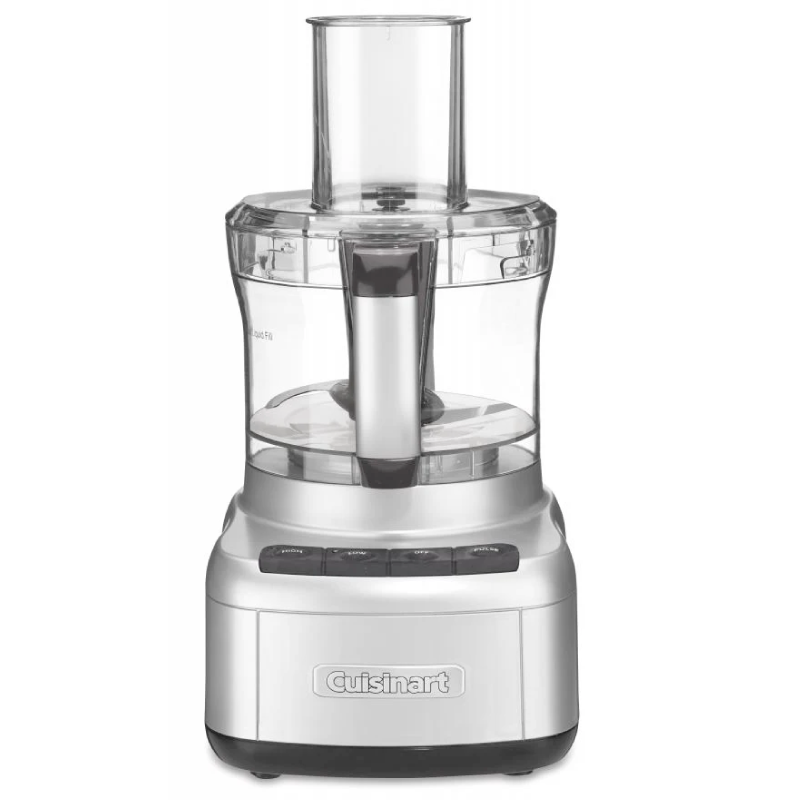

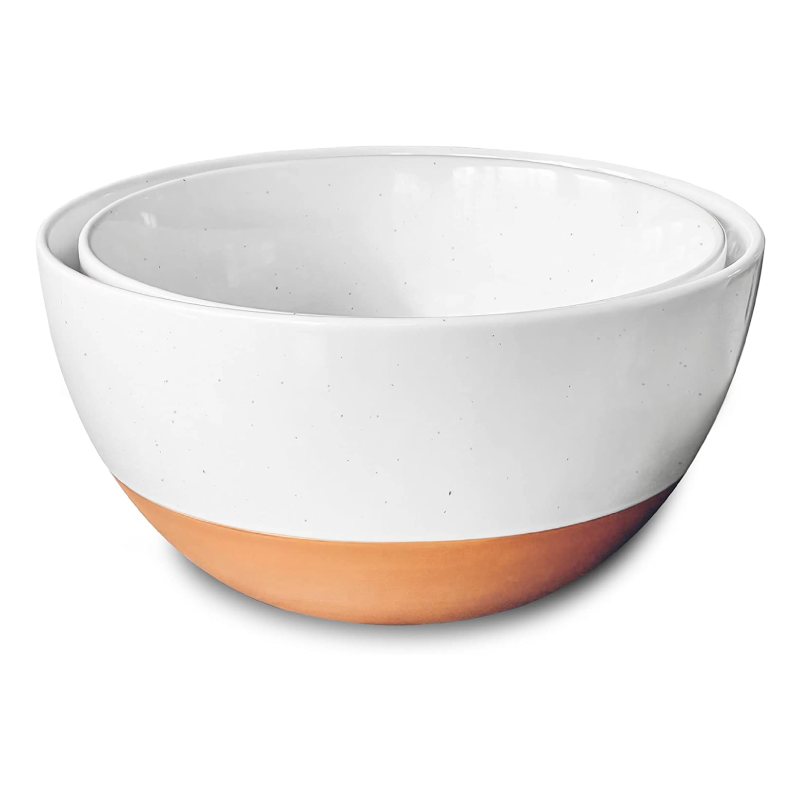
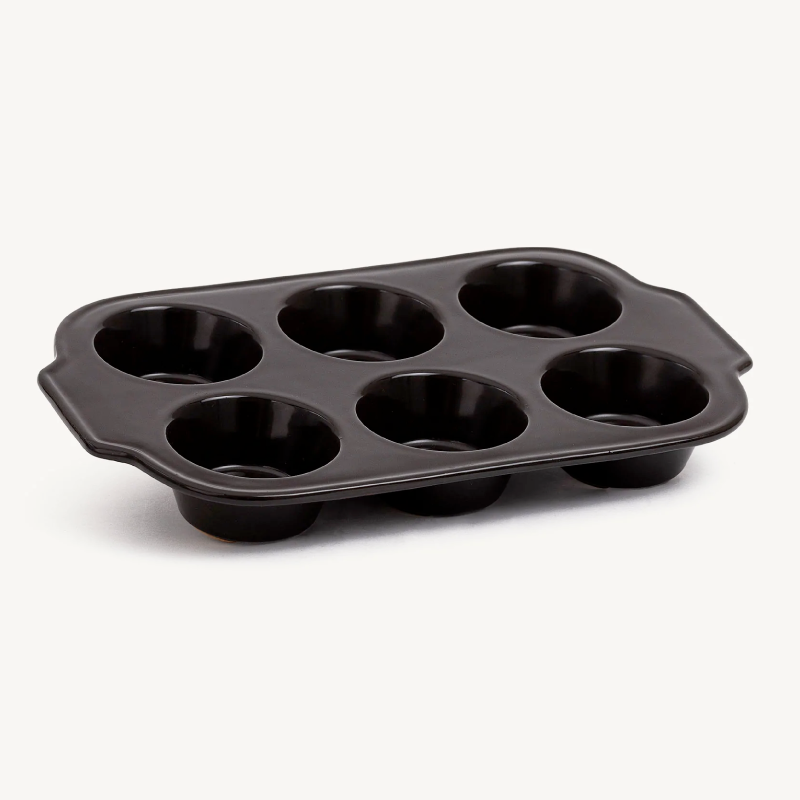
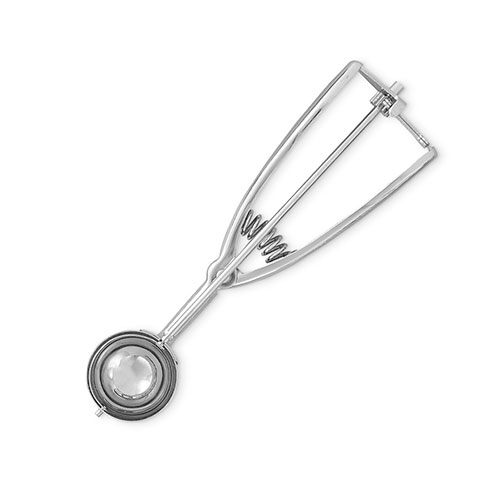

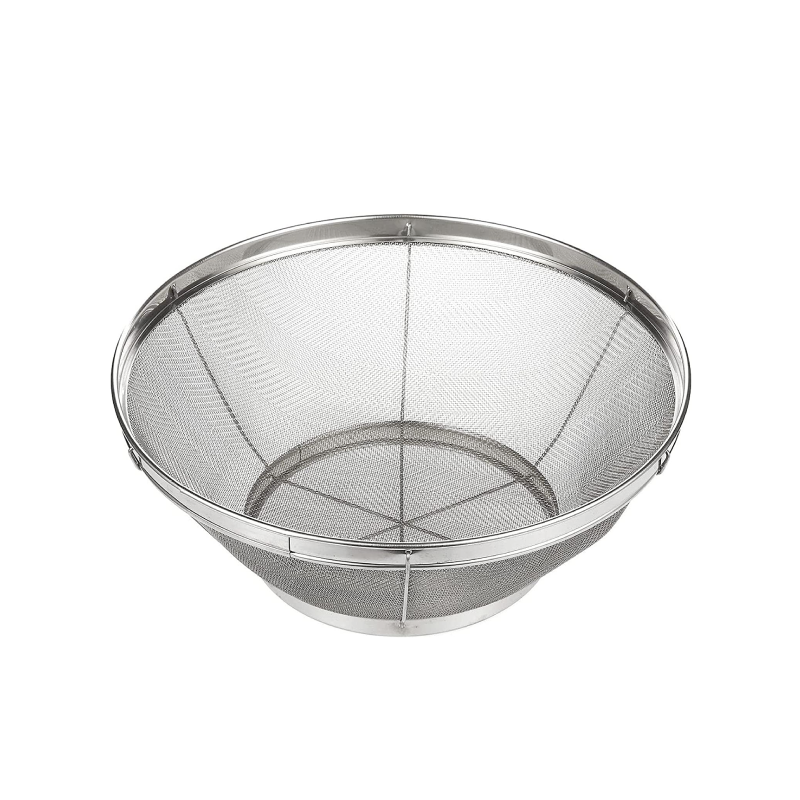
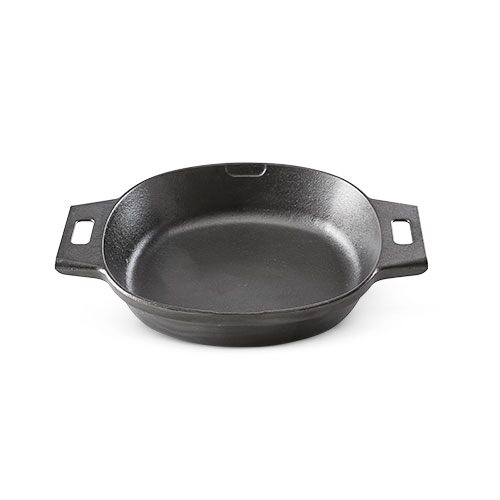
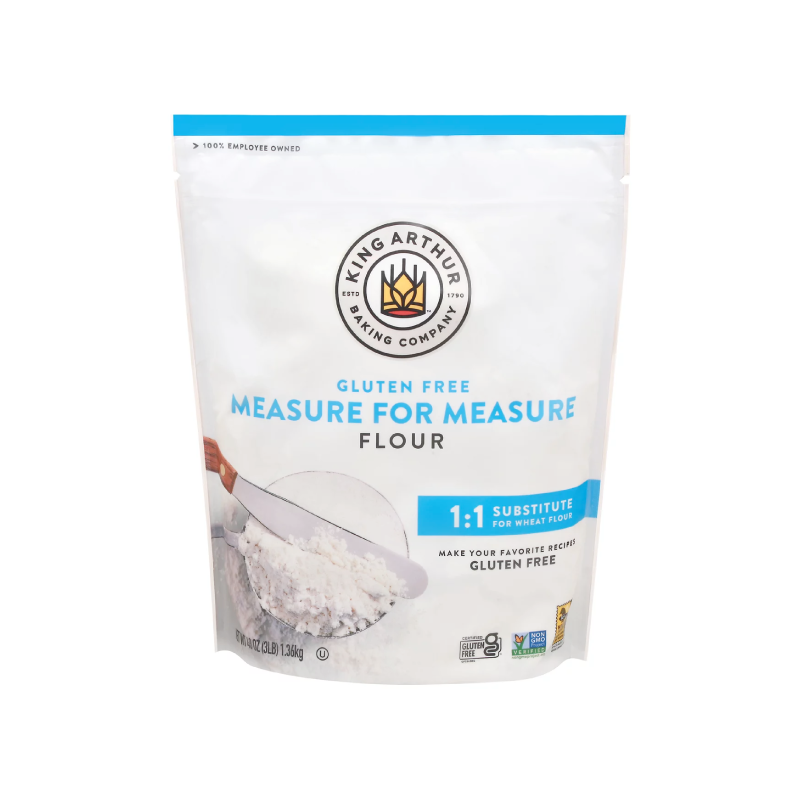
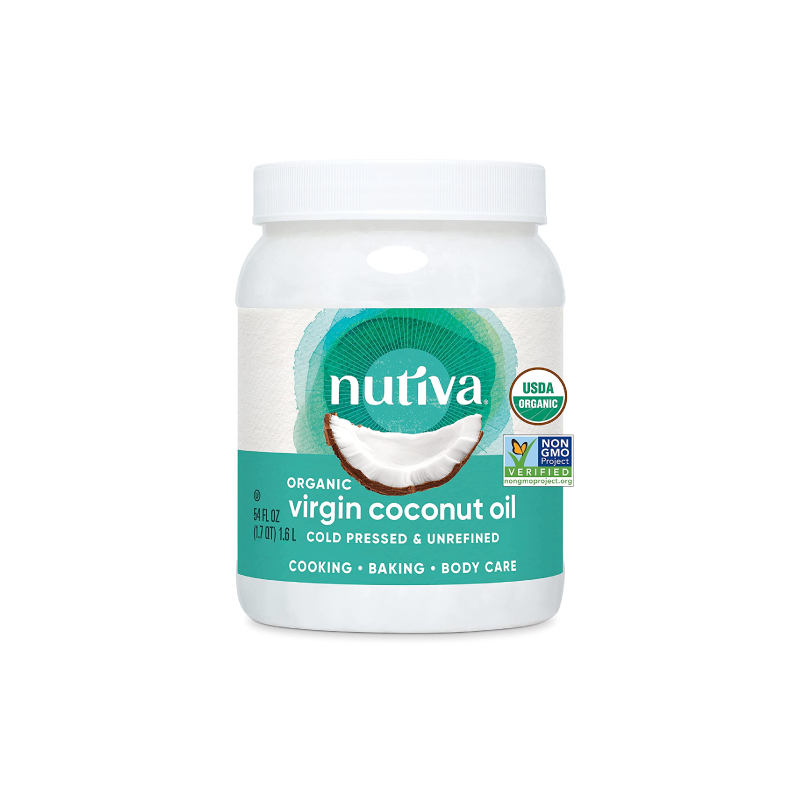
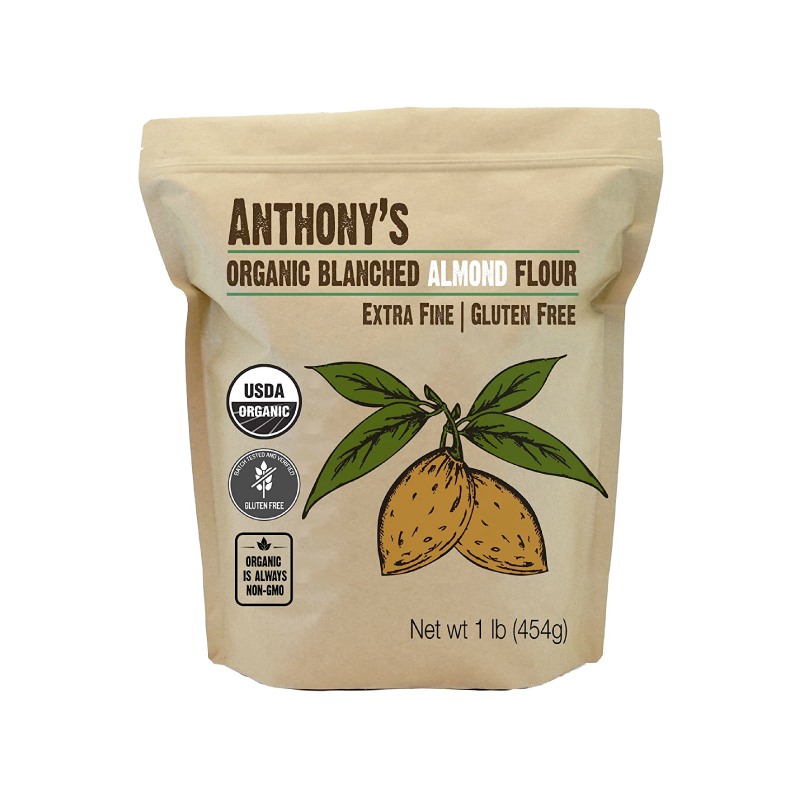
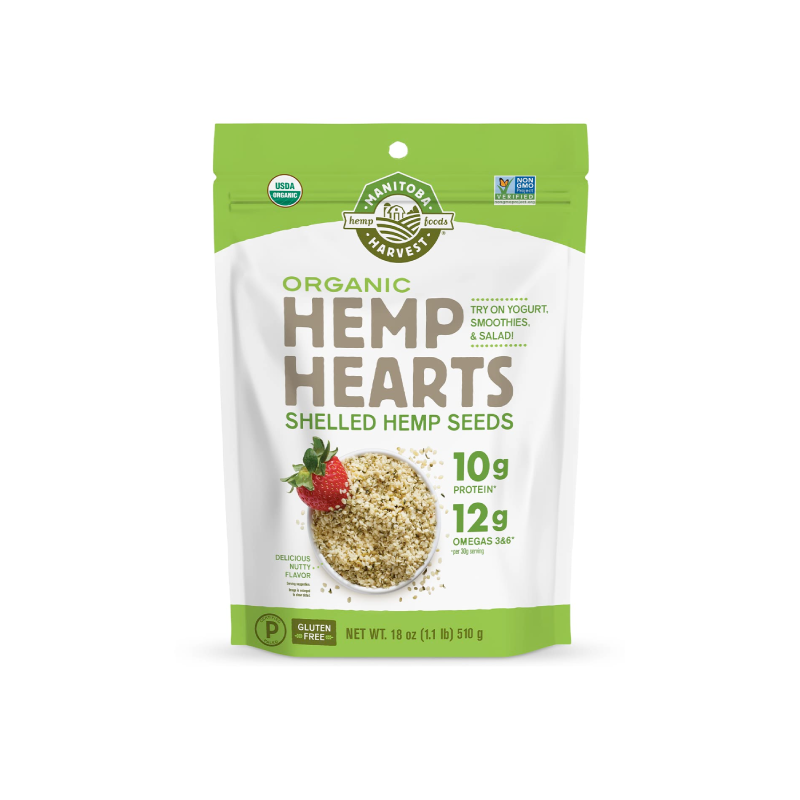
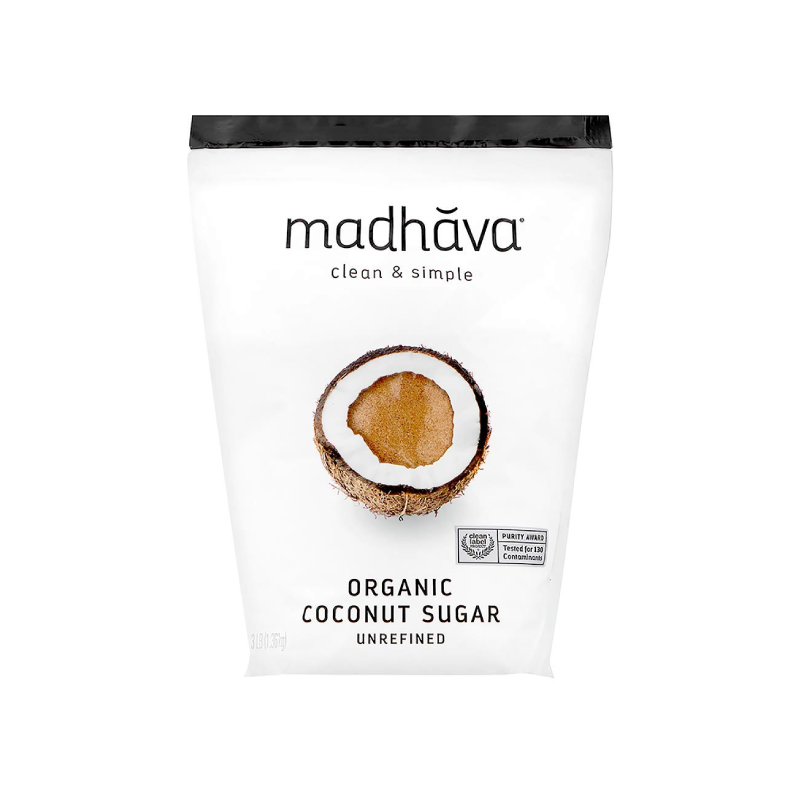
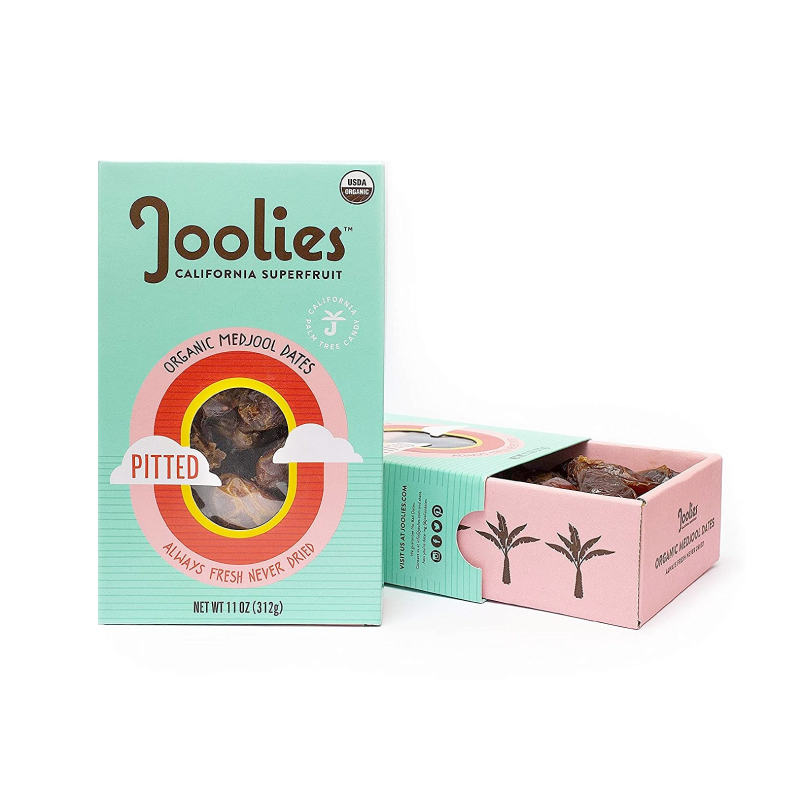
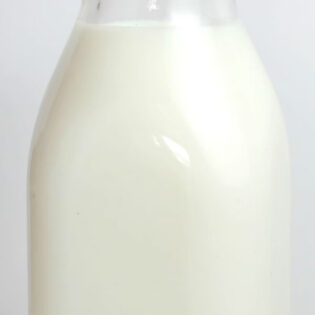
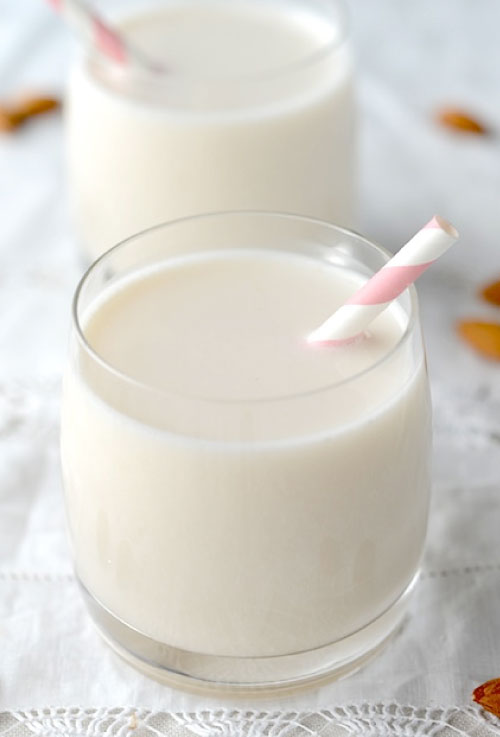
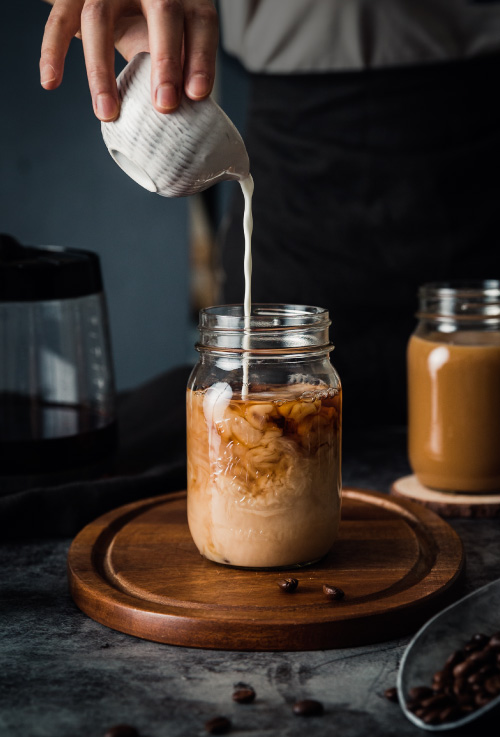

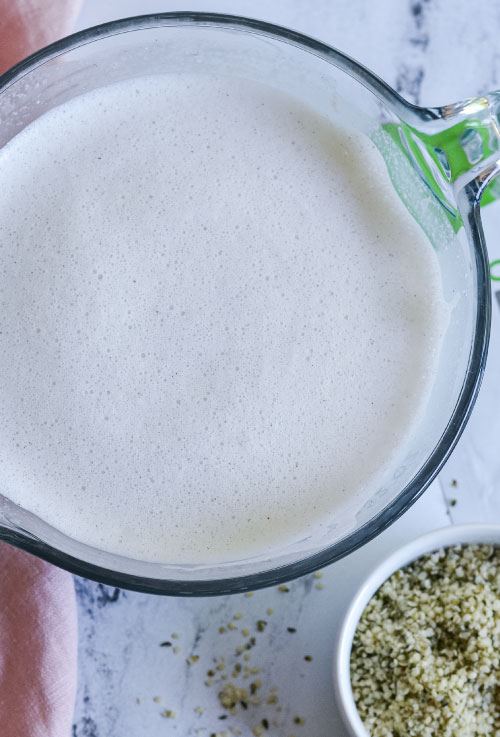
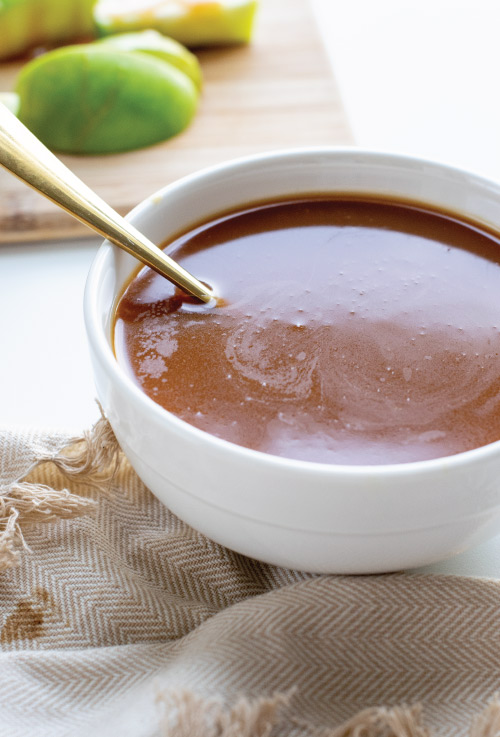
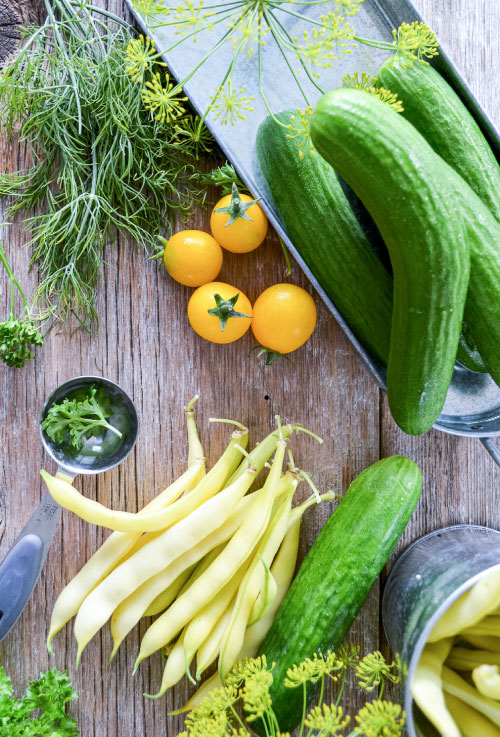
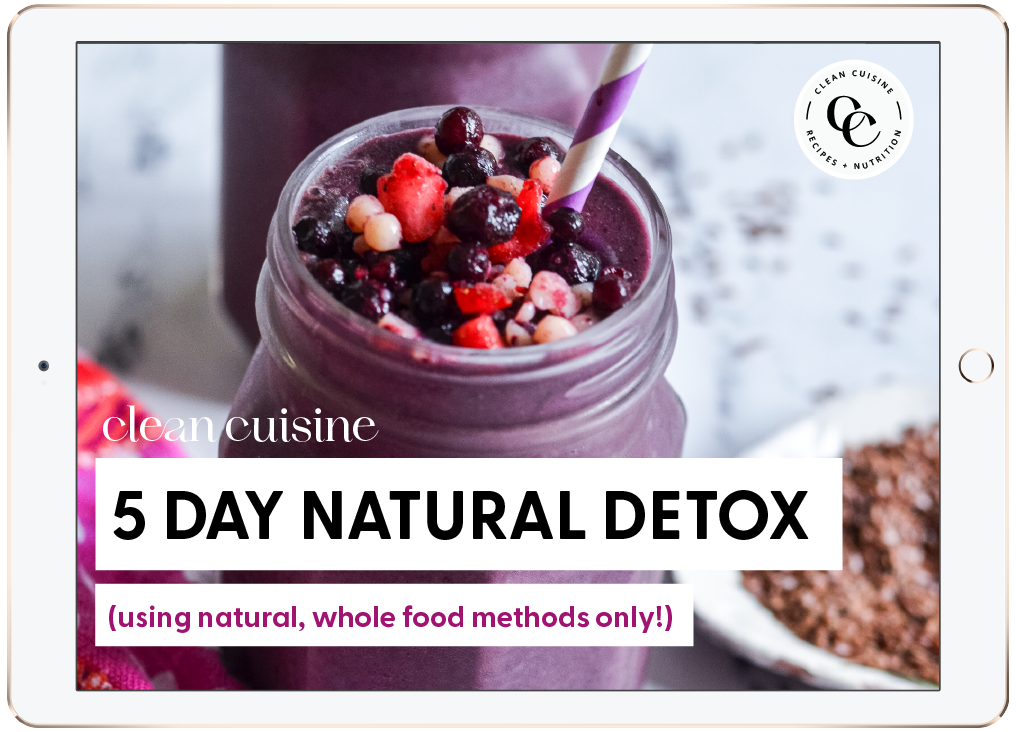
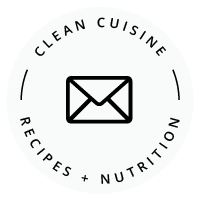
Patty
Sunday 25th of September 2016
Hi Ivy, When comparing calcium amounts in the article you use the word "cooked" in front of collards, spinach and kale. Must these greens be cooked to maximize their calcium or do I get the same amount of calcium from eating them raw in a salad or smoothie?
Ivy Larson
Monday 26th of September 2016
Hi Patty, That's a great question and I am so sorry for the confusion. The greens do not need to be cooked in order to absorb the calcium, however because all greens cook down so very much, you just have to eat A LOT of raw greens in order to get a good deal of calcium. So, if you are really trying to make sure you get enough calcium in your diet it is just a good idea to include cooked greens so you don't have to eat 8 cups worth of raw! Hope this helps?